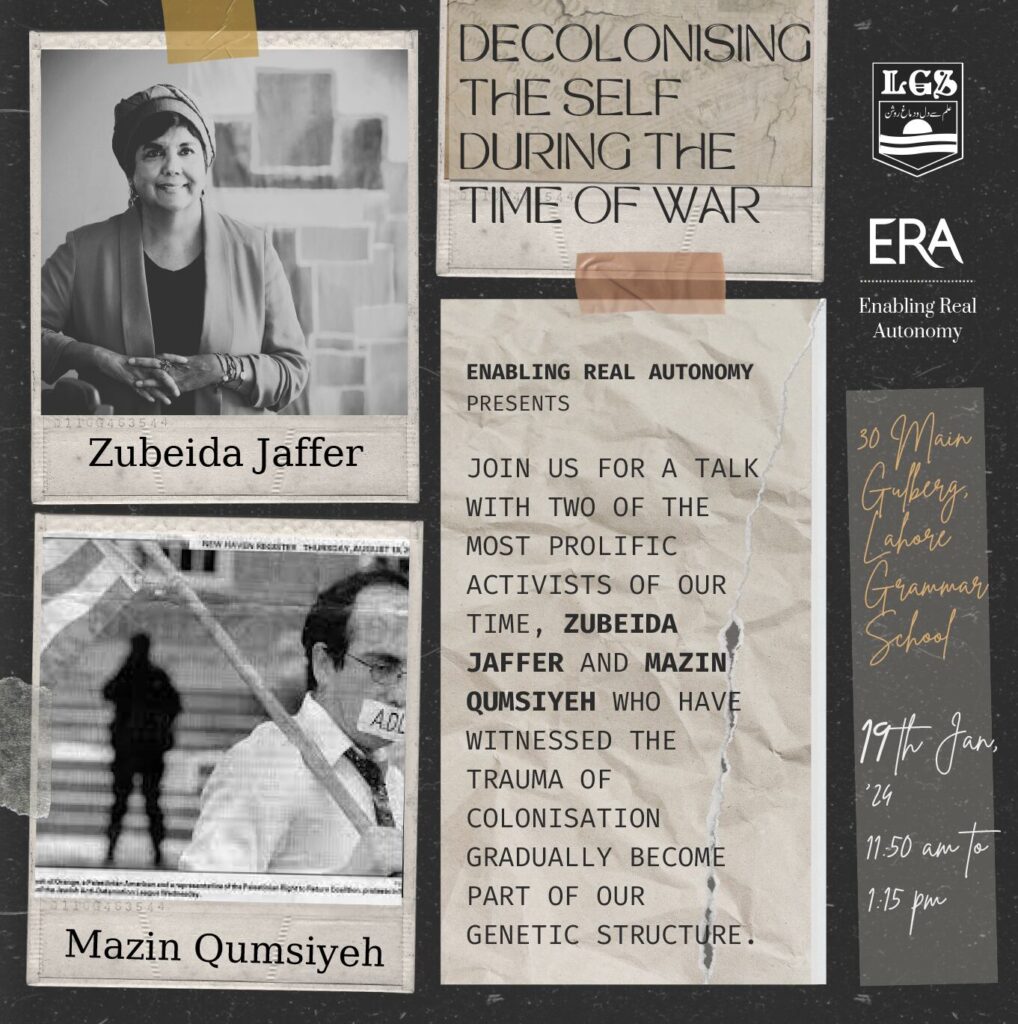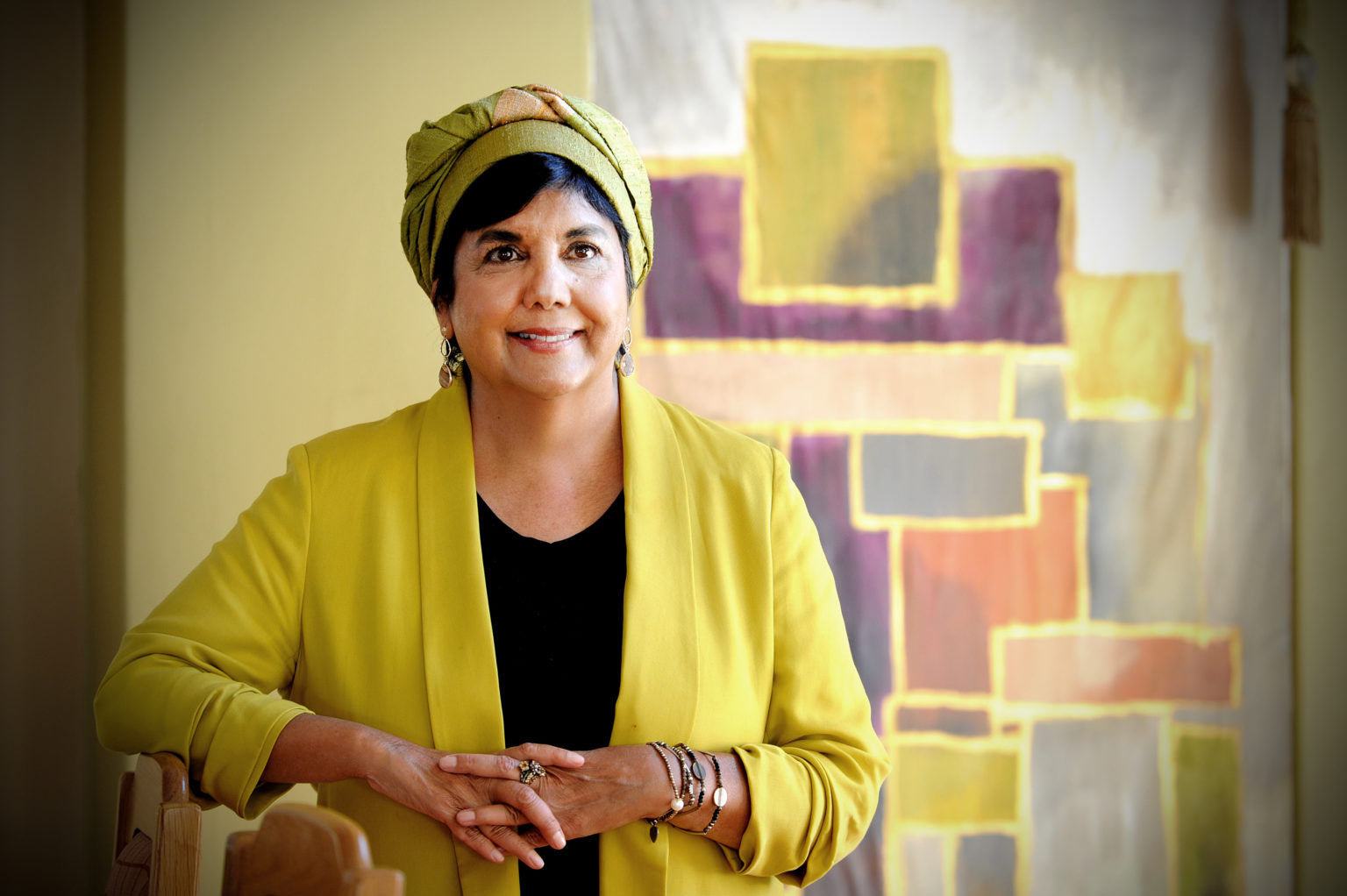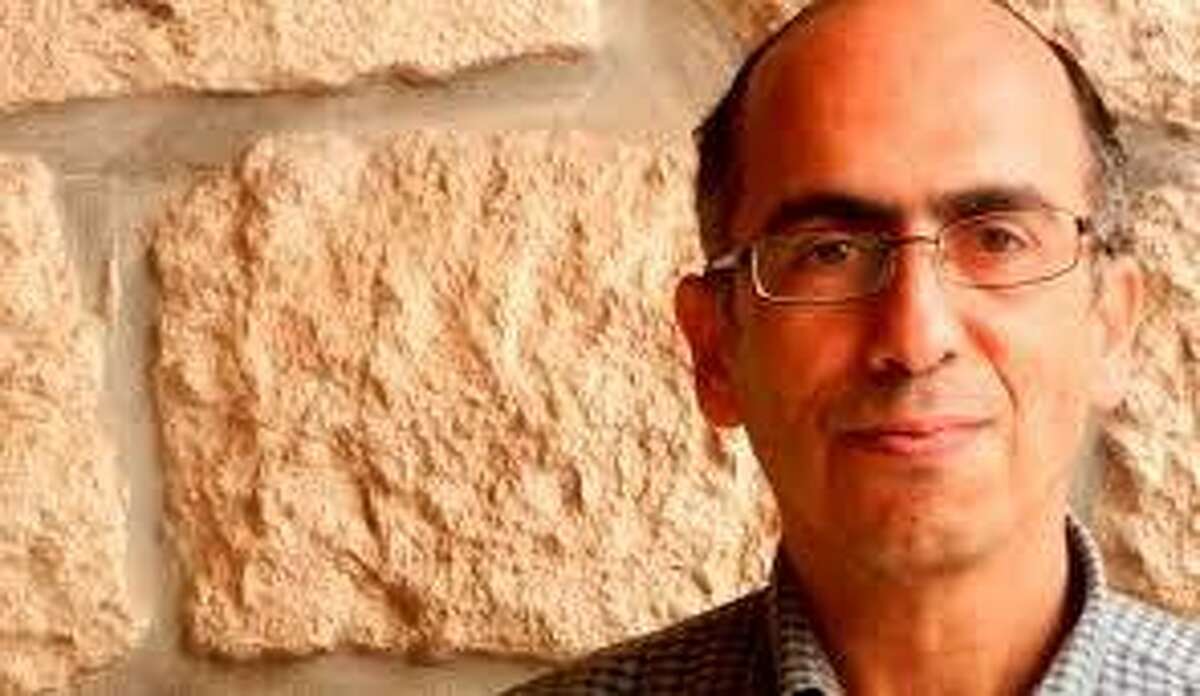
“We’re bringing our European values into the digital world. With strict rules on transparency
and accountability, our Digital Services Act aims to protect our children, societies and
democracies. As of today, very large online platforms must apply the new law.”
August 25th, 2023
Ursula von der Leyen
This seminar is one of the main strands of our system; understanding the deep-rooted impressions of colonialism and how it has affected our perception in this war. The oppressed have sided with the oppressed; however they both look at the coloniser for emancipation. Decolonialising ourselves is a long process that requires understanding and openly discussing our sociopolitical context in juxtaposition to world politics.
The most powerful and ever-lasting product manufactured by Europe has been colonialism. Historically, no one from Afrikaans, Asia, both North and South Americas went out of their way to annex countries. The European obsession with war, white supremacy, and lust for money has known no boundary. Over the years they have not stopped new forms of colonialism: they have learned to disguise them better.
We are still making products for them cheaply, buying them back from them tenfold more expensive, funding their universities in foreign fees, and helping them gather “human stories” from the colonised in order to justify their intrinsic presence in our countries in the form of councils and aid programmes.
The war in Palestine has been a wake-up call for all regarding their quality of freedom of speech and democracy. Their apologies to the indigenous are as perfunctory as their promises to return stolen artefacts from their colonies.
German, Dutch, French, Portuguese, Italian, Spanish, and the worst of all British colonies have suffered irreversible damages through their colonisers’ callous actions of bequeathing one colony from one imperialist to another.
Today Palestine suffers based on the very colonialist Balfour declaration. But so do we, as Pakistanis. Our identity is enmeshed with confused notions of being “third” world countries, countries that need to be liberated, and countries that were once uncivilised before the white man took the burden of civilising them.
In this seminar we wish to explore neocolonialism and the tentacles it reaches in our economics, education, laws, geopolitics, and most importantly—the self.
DRIVING QUESTIONS
What are European values?
What is Western democracy?
Why do we have to adhere to their principles?
SEMINAR SPEAKERS

Zubeida Jaffer is an award-winning South African journalist, author and activist. She started her career at the cape times in 1980 and also spent a short stint at the rand daily mail in Johannesburg in the same year. Her work has earned her numerous local and international awards. These include the Muslim views achiever ward as well as the honor medal for distinguished service to journalism from the university of Missouri in the USA. She helped with developing local community newspapers such as grassroots during the time of resistance to apartheid. Her stories have appeared in newspapers across Africa and as far as Japan, India, the u.k. and North America. She was the founding editor of independent newspapers parliamentary bureau serving 14 newspapers across south Africa.
She is also the first woman in Africa to have won the coveted foreign journalist award from the national association of black journalists in the USA. Her memoir, our generation, eloquently tells the story of her emotional journey through the years of South Africa’s turbulence into a new democracy. Her second book, love in the time of treason has been described as a “tour de force” her third book, beauty of the heart, the life and times of Charlotte Mannya Maxeke tells the story of South Africa’s first black female graduate and a feisty leader at the turn of the century stretching from 1871 to 1939.
Ms Jaffer is a graduate of both UCT and Rhodes University. She also holds a postgraduate degree from Columbia university in New York where she earned the award for best foreign student. She is publisher of two websites, one her own at www.zubeidajaffer.co.za and a second site called the journalist at www.thejournalist.org.za.

Professor Mazin Qumsiyeh teaches and does research at Bethlehem University and Birzeit. University. He is director of the main clinical cytogenetics laboratory and founder and director of the Palestine Museum of Natural History and Institute for Biodiversity Research at Bethlehem University in occupied Palestine (http://palestinenature.org).
He previously served on the faculties of the University of Tennessee, Duke University, and Yale University. He has published over 130 scientific papers on topics ranging from biodiversity to cancer. He has also published hundreds of refereed articles and several books, including “Mammals of the Holy Land,” “Sharing the Land of Canaan: Human Rights and the Israeli/Palestinian Struggle” (English, Spanish, and German) and “Popular Resistance in Palestine: A history of Hope and Empowerment” (Arabic, English, French, forthcoming in Italian).
